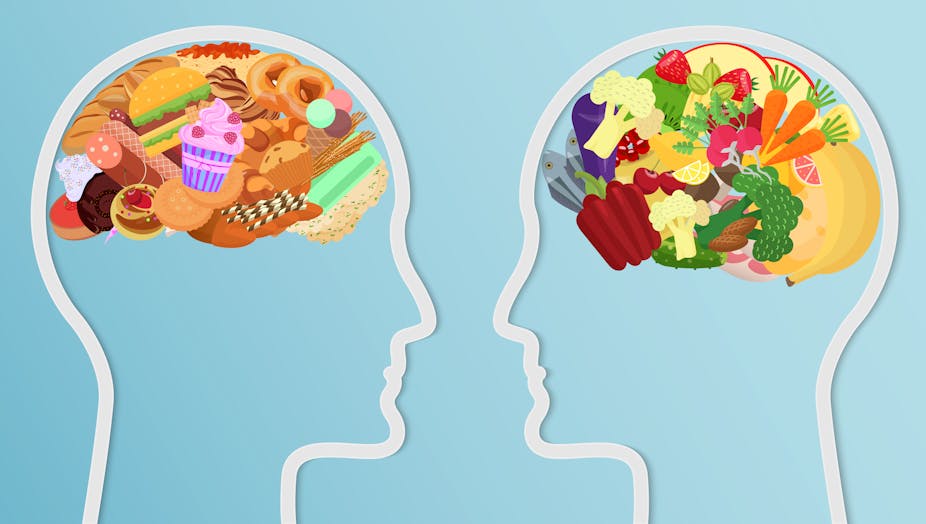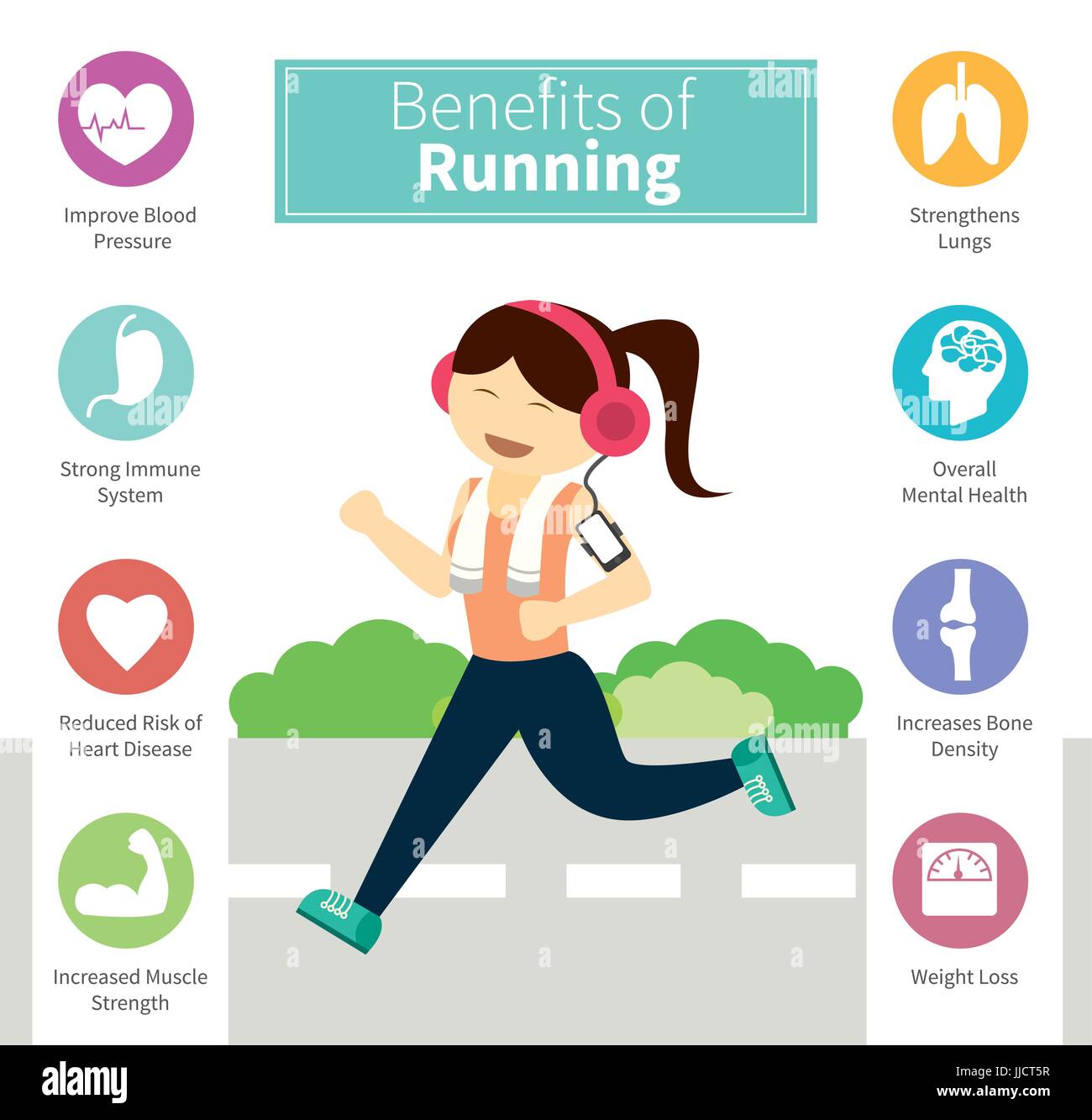If you’re anything like me, then you are very careless with the food you put in your body. Yep. As much as I hate to admit it, I am one of the many Americans who have a bad habit of eating fatty-rich foods. As we’ve previously learned, there are consequences of having an unhealthy diet to our gut microbiota. Which is why, a proper diet is heavily encouraged by doctors. A rich and balanced diet is necessary to live a healthy and fabulous mind. Scientific studies have shown that a healthy diet has positive effects on our mind!
For example, a study found that a diet rich in fiber favors the development of a greater variety of bacteria in the intestine, which has a good impact on our mental health since other studies have indicated that people with a diet high in fat and sugar have less diversity of intestinal microbiomes, and as a result these people have a greater risk of feeling depression. It can even be concluded that if you compare someone who is clinically depressed with someone who is healthy, there is less microbiota diversity. “One of its findings is that the more ultra-processed foods (usually, energy-dense foods that are significantly altered from their original state) you eat, the greater your risk of depression.”
If we do a simple analysis, for example of the snacks that we can consume frequently, we can evaluate a Snickers chocolate bar, whose portion size is 58.7g, it contains ingredients such as: sugar, cocoa, butter, chocolate, lactose, skim milk, milk fat, soy lecithin, artificial flavor, peanuts, corn syrup, sugar skim milk butter, milk fat, lactose, and salt. Among which stands out are a variety of sugars, which is 30g in comparison to fiber, which we learned promotes positive mental clarity, to be only 1g. In total, a Snickers bar has a total of 215 calories, which is about 9% of the total recommended calories for a woman, like me. 30g of sugar is a lot, especially when you consider that the FDA recommends only consuming 50g a day.
Another example are Oreos cookies. The packet shows itself to be 154g in total and the following ingredients are: wheat flour, sugar, palm oil, rapeseed oil, fat-reduced cocoa powder, wheat starch, glucose-fructose syrup, raising agents (potassium carbonates, ammonium carbonates, sodium carbonates), salt, emulsifiers (soy lecithin, sunflower lecithin), and flavorings. Analyzing its nutrition facts, each 100g of cookie contains 38g of sugar and only 2.7g of fiber. That is way more than the Snickers bar and the FDA recommendation on sugar consumption. And I can easily eat too much in one sitting.
I hope to not send the wrong message. I am not saying snacks are bad, but they must be balanced! Snack consumption can become negative if we do not know how to choose what is the healthiest for our body or how to balance it.
A diet rich in fiber may be a good start for you, fellow reader. It is very easy to incorporate into whatever diet you may be on. Not only will it be beneficial in your daily microbiome(which we learned would decrease our risk to disease) but it may also remove some of that “mental fog” you might be feeling at time. For example, if you decide to eat more fruits, vegetables, whole grains, and nuts as a snack instead of processed foods with high levels of fat and sugar, there will be an improvement in the development and diversity of the microbiomes in your gut. Which, in turn, will help improve your overall mental. An article reviewed observational studies on diet and depression, and stated that “adhering to a healthy diet, in particular a traditional Mediterranean diet, or avoiding a pro-inflammatory diet appears to confer some protection against depression in observational studies.”
I talked about the Mediterranean diet a while ago, so check it out if you need a refresher.
Anyways, adopting a whole new diet may also be a good starting place for you. It all depends on what is realistic and available to you! Because, if you’re like me, then you are a broke college student…
McDonalds really is cheap, though.
Check it out here!
Lastly, a way to help the microbiomes to proliferate positively and improve our mental health is physical activity. If you couple your new diet with weekly workout exercises, you will see real changes in your life. A study showed that physically fit people had a bigger microbiome diversity than those who doesn’t- The article states, “for measured lifestyle factors, we found strong evidence for associations between physical activity and microbiome diversity, with both the frequency (i.e., number of days per week) and duration of physical activity positively correlated with microbiome diversity.”
I will be going for a run tomorrow. I hope you can join me!



